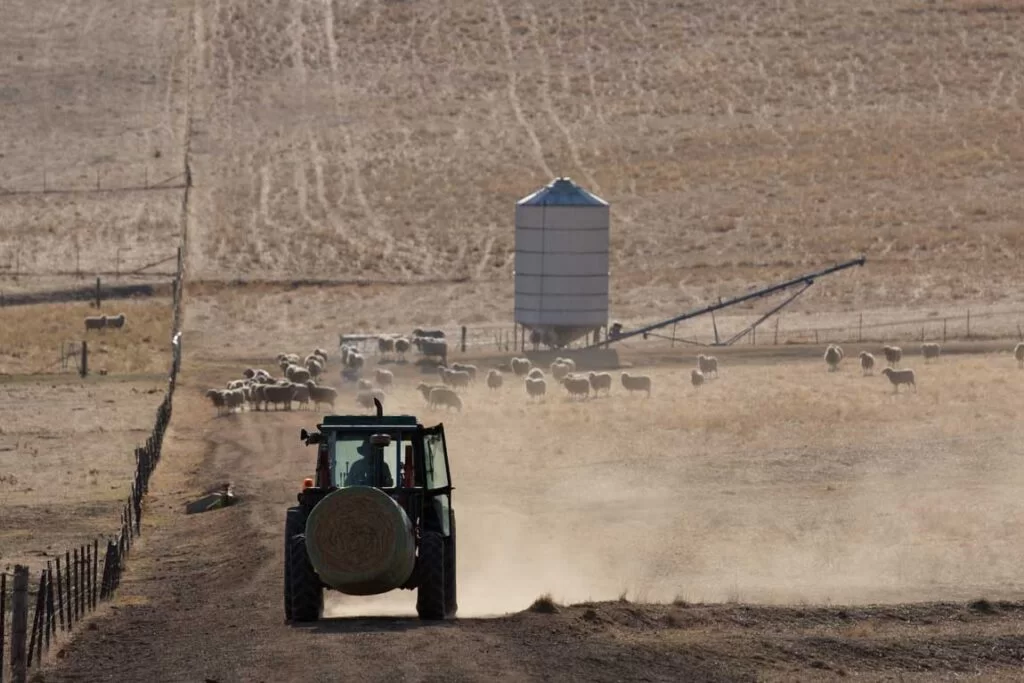Agreed to by the VFF Policy Council
Meeting 169
16 September 2020
Policy Statement
Responsibilities of Local Government
1. VFF policy is that the role of Local Government should be limited to a set of core responsibilities that provide an agreed basic level of service across Victoria.
2. The core responsibilities shall include maintenance of local roads; control of municipal planning and provision of planning services; waste disposal; control of pest animals and plants on council owned land; social and economic services only where those services provide a benefit to the community as a whole; provision of information to the community on council activities; advocacy to state government on matters relevant to the interest of the community as a whole.
Funding of Local Government
3. In recognition of the financial inequity and inequity in services received between rural and metropolitan ratepayers, the VFF believes that the level of financial assistance from state and federal governments to rural councils should increase.
4. The VFF supports the abolition of minimum financial grants distributed by the Federal Grants Commission that advantage wealthy and densely populated metropolitan councils.
5. The VFF rejects the process of cost shifting, whereby state and federal governments initially fund local government to provide programs and then ceases funding so that if the council wants to continue the program, it must use its own funding.
6. The VFF supports the use of special user charges for services provided by local government that are beyond its core responsibilities to maintain the ‘user pays’ principle.
Local Government Rates
7. It is the long term policy of the federation that farmland be exempted from local government rating.
8. In recognising the inequity in rates paid by rural and regional ratepayers compared to metropolitan ratepayers, the VFF supports the restructuring of Victoria’s rating system to one based on an equalised funding system whereby the state government redistributes rates to local government on the basis of equity and need.
9. Where farmland is to be rated the VFF supports the separation of house and curtilage from the farmland to be rated differentially. The level of rates for each class of land should be commensurate with the level of service received by each.
10. The VFF supports the use of differential rates including compulsory differential rates for all farmland to establish a fair and equitable distribution of the rate burden for each class of land.
11. The VFF supports the use of minimum and maximum rates as a means to flatten the rating profile across local government authorities and to take the rating burden away from productive agriculture. Where minimum rates are not implemented, the VFF supports the use of a municipal charge to be raised at no less than 20% of the total rates and charges within a council area.
12. The VFF supports the averaging of individual property valuations for the purposes of rating to prevent volatility and the effects of ‘rate shock’.
